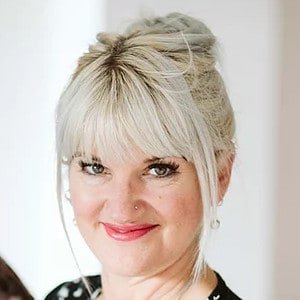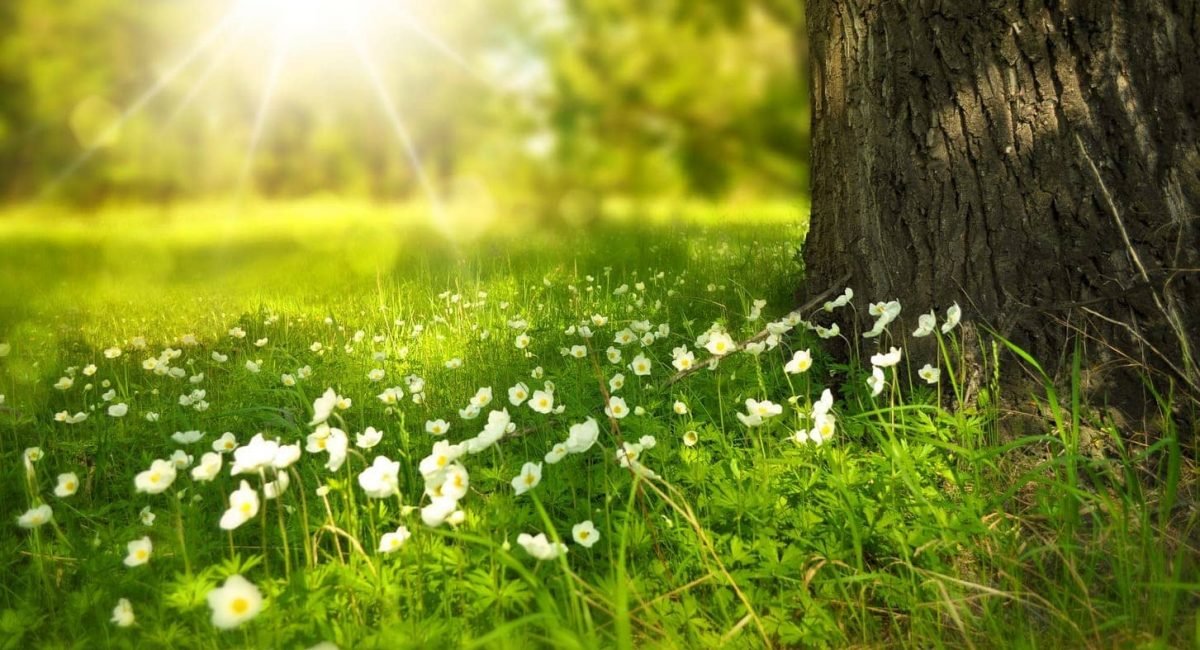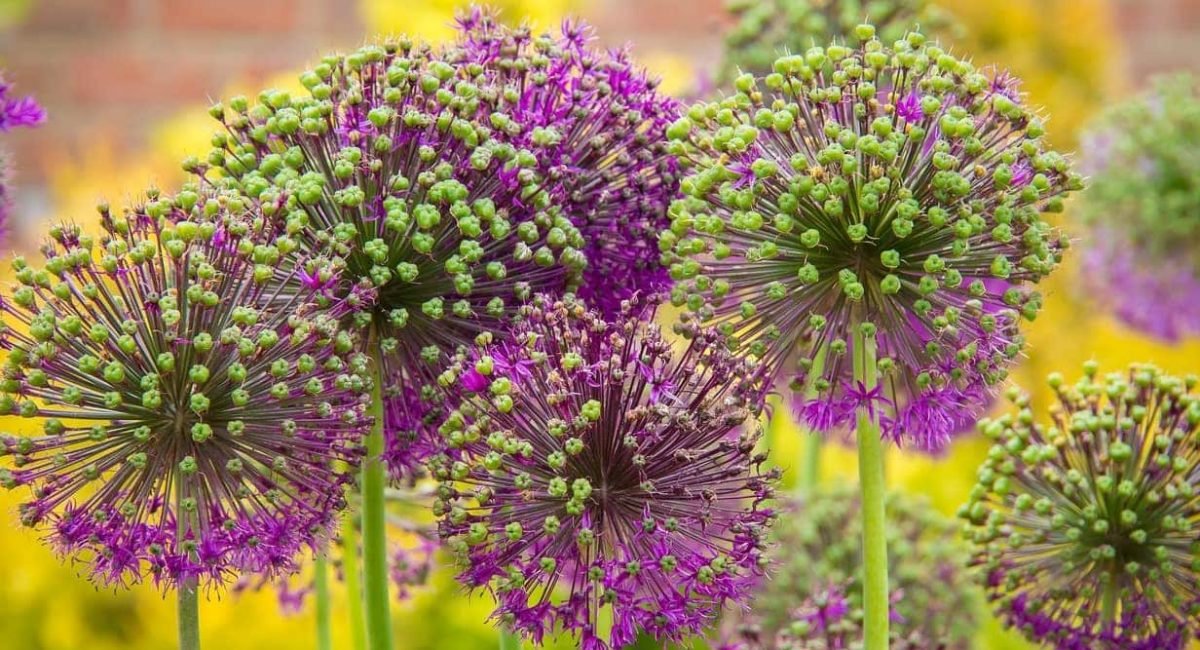The Power of Meditation
…

By Karen Forshaw
GP Doncaster (Yorkshire & the Humber)

By Chrisssie Mowbray
Chartered Physiotherapist (Yorkshire)
We all know that life can be fast and furious. Medicine can be particularly pressured. In General Practice we make life-changing decisions every 10 minutes. We speak to lots of people and often support multiple other members of the healthcare team. This takes its toll.
In addition, we assume a level of risk in primary care not seen in other branches of medicine. We cannot admit or refer all patients and so we make highly educated decisions based on our medical training, clinical guidelines and our own experience. We will sometimes be wrong, and we have to learn to live with that uncertainty.
An unexpected finding or delayed diagnosis may present itself, and we question our own judgement. At times it can feel as if we have reached our decision-making threshold. It is then that we have to question ourselves as to whether we are safe to practise.
This decision density is a product of chronic underfunding in General Practice. The BMA, GPC and RCGP are working hard to highlight and fix this. We encourage this system-wide reform.
But what about you, now?
The ‘decision density’ where we feel overloaded is very individual. Some of us seem to cope much better than others.
What can you do for yourself when you feel swamped?
www.resilientpractice.co.uk shares a large number of diverse tools and techniques to get you started. Click the button below.
This is the time to harness the power of meditation
Meditation has been practised for thousands of years across many cultures and religions. The first evidence for its use is seen in Indian wall art from 5000 BCE. There are many different forms of meditation, the diversity of techniques seen is a product of this long history.
Herbert Benson was one of the first more modern medics to recognise its value. He published scientific evidence for the benefits of meditation which he called ‘The Relaxation Response’ . He was however clear, that “All I’ve done is put a biological explanation on techniques that people have been utilizing for thousands of years[1].”
Meditation had been proven to have beneficial effects on blood pressure, pain, sleep and cognitive function. A recent study (2020) showed improvements in measures of anxiety, depression, and pain scores in those who meditate regularly[2]. An older (2014) systemic review and meta-analysis (the highest quality of research) found that meditation programs can result in small to moderate reductions of multiple negative dimensions of psychological stress[3]. A fantastic and again, very recent study (2020) showed that 15 minutes of meditation by those new to the discipline had a similar impact as a day of holiday! They measured lower levels of negative affect and higher levels of wellbeing and positive affect[4].
[1] Ref https://time.com/4246928/meditation-history-buddhism/
[2] Behan, C. (2020). The benefits of meditation and minfulness practices during times of crisis sucha s COVID-19. Irish Journal of Psychological Medicine, 37(4), 256-258.
[3] Behan, C. (2020). The benefits of meditation and minfulness practices during times of crisis sucha s COVID-19. Irish Journal of Psychological Medicine, 37(4), 256-258.
[4] Christopher J. May, Brian D. Ostafin & Evelien Snippe (2020) The relative impact of 15-minutes of meditation compared to a day of vacation in daily life: An exploratory analysis, The Journal of Positive Psychology, 15:2, 278-284















When to Meditate:
Beginners may want to choose a specific time of day to meditate. This establishes a routine and encourages regular practice. Choose a time of day that suits you. Getting up early to meditate can give you the perfect start to the day. Before bed is a good way to ensure a good night’s sleep. Ideally, weave meditation into your daily routine.
How to Meditate:
Meditation is the practice of a specific technique to focus and calm the mind. Attending to one single thing allows us to be present and let go of rumination and worry. What you focus on is entirely up to you. The easiest thing to centre on at first, is your breathing. Another popular alternative is a candle flame. Guided meditations give you a voice on which to concentrate and the instructions you hear are your focus. Mantra meditation is an auditory technique, the repetition of a word or sound as the focus. In movement meditations our attention is on action and this can be a wonderfully expressive way to meditate. The Buddhist loving kindness mediation focusses on feelings of goodwill towards others, and for clinicians, can help to foster compassion. A body scan meditation focuses on the sensations in the body, noting areas of tension or pain that need attention.
- When you are ready to meditate, prepare your space. Ideally it needs to be quiet, comfortable and undisturbed.
- Attend to bodily functions before you start. It is very difficult to focus on anything but your bladder if it is full.
- Start with several slow, deep breaths in through the nose and out through the mouth.
- Relax your shoulders and unclench your jaw allowing tension to flow out of your body.
- Start the meditative exercise you have chosen.
- When thoughts or distractions drift into your mind, gently and kindly bring your attention back to your chosen focus. You will need to do this repetitively but do not allow yourself to become frustrated. Be patient, as you would be with a child.
- The more you practice meditation, the easier it becomes to maintain your focus.
Enjoy this regularly using new skill. It will serve you well.
There are links below to several meditations with purpose. There are many more on our website. There are also audios of guided meditations available.
